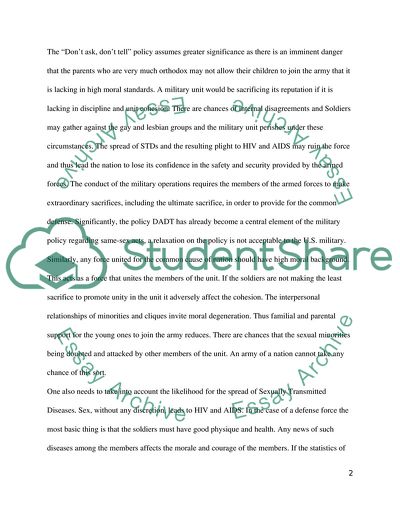Cite this document
(“Not Found (#404) - StudentShare”, n.d.)
Not Found (#404) - StudentShare. Retrieved from https://studentshare.org/social-science/1740550-dont-ask-dont-tell
Not Found (#404) - StudentShare. Retrieved from https://studentshare.org/social-science/1740550-dont-ask-dont-tell
(Not Found (#404) - StudentShare)
Not Found (#404) - StudentShare. https://studentshare.org/social-science/1740550-dont-ask-dont-tell.
Not Found (#404) - StudentShare. https://studentshare.org/social-science/1740550-dont-ask-dont-tell.
“Not Found (#404) - StudentShare”, n.d. https://studentshare.org/social-science/1740550-dont-ask-dont-tell.


